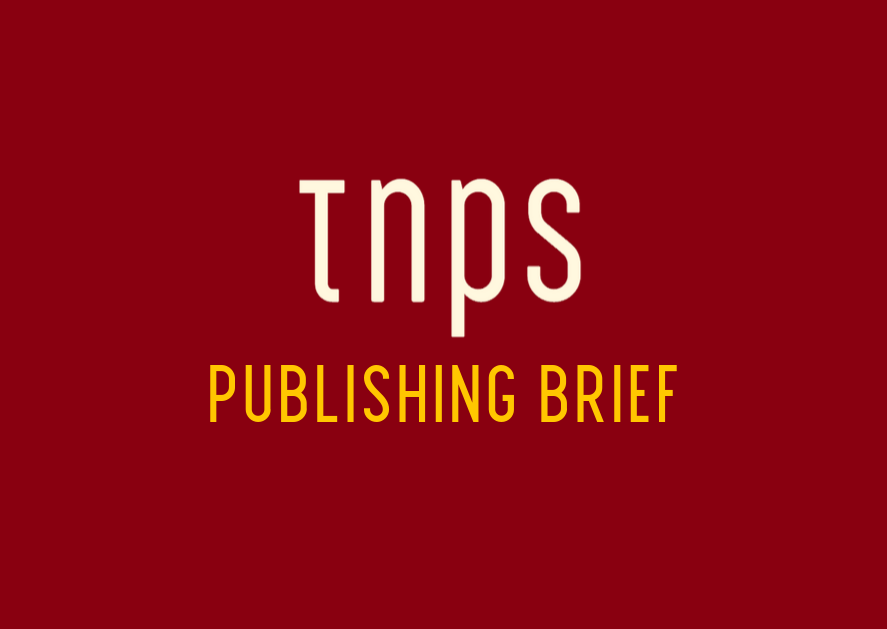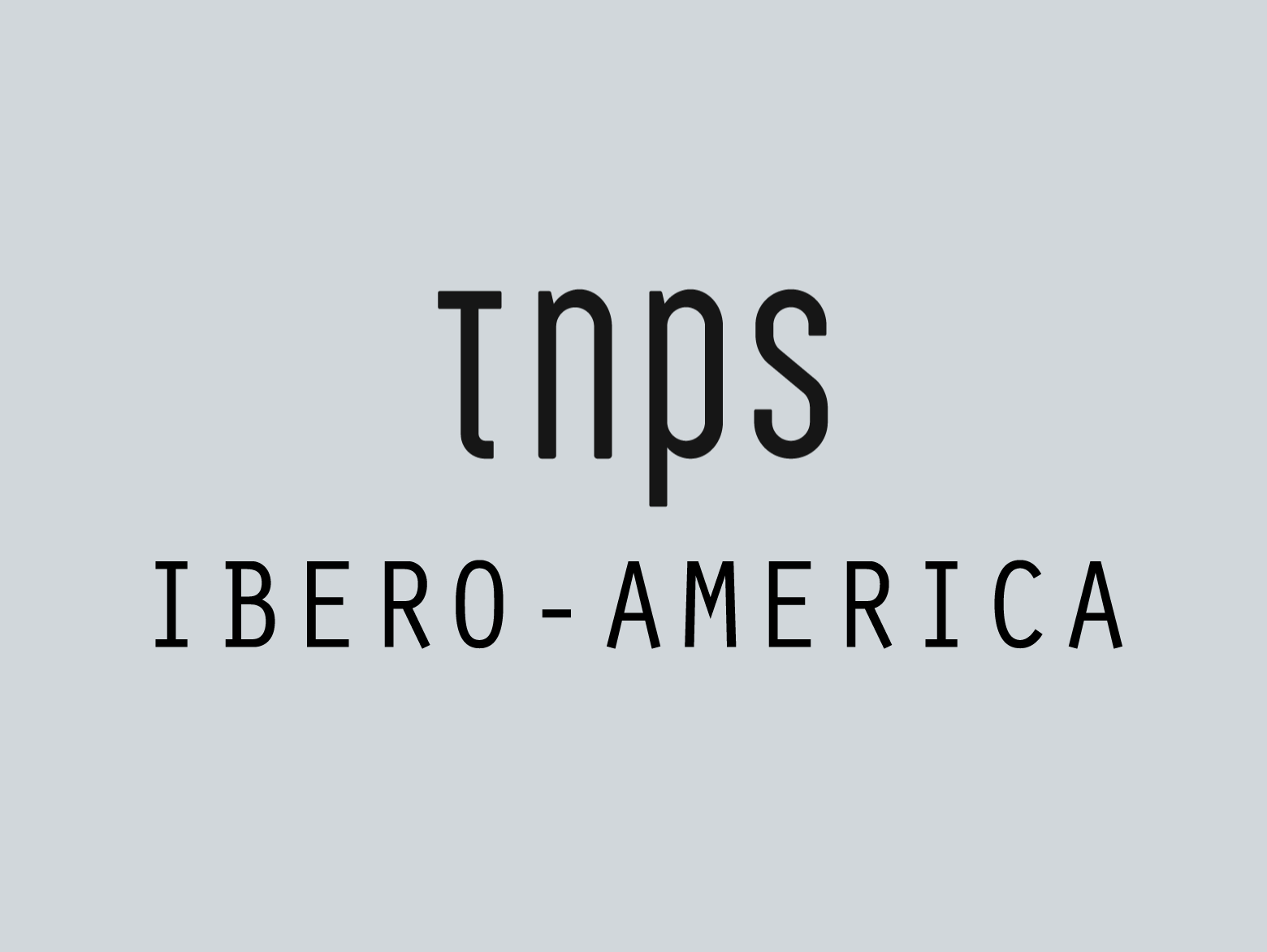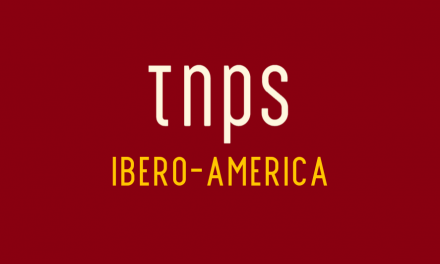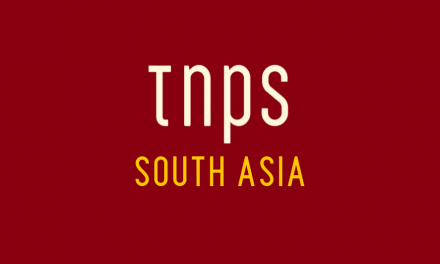We were well-placed to respond to (lockdown), making all our books simultaneously available in print and ebook formats since 2012, and having carried out a backlist digitisation project over the past 3 years to make much of our older backlist available digitally.
With GBP 4 million ($5.5 million) sales for the first time, the Edinburgh University Press (EUP) is feeling good about 2021, despite doom and gloom expectations when the pandemic first arrived.
In 2022 the EUP will adopt a fully hybrid working model, having learned valuable lessons from 2020-21 that show how efficient said model is. And of course the press release also has a full rundown on top books and how the non-book side of the EUP did in 2021.
But it is the “tremendous growth” in ebook sales that interests us here, amid mainstream trade reportage focusing on how print has rallied and audiobooks boomed while simultaneously playing down comparative ebook growth.
Per EUP CEO Nicola Ramsey, to whom the “tremendous growth” comment may be attributed,
Ebook sales accounted for 22% of our book revenue in 2018, 24% in 2019, 28% in 2020 and 37% in 2021; we are forecasting 41% in 2022.
We were well-placed to respond to (lockdown), making all our books simultaneously available in print and ebook formats since 2012, and having carried out a backlist digitisation project over the past 3 years to make much of our older backlist available digitally.
The completion of EUP’s backlist digitisation project prior to the pandemic was instrumental in seeing this growth as budgets shifted to a digital-first strategy.
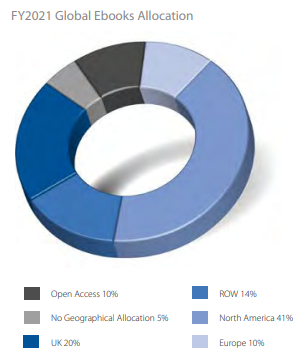
Territorially, North America made up 41% of ebook revenue, the UK 20%, Europe (esp. Germany and Netherlands) 10% and Rest of the World (China, SE Asia, Australia, MENA) 14%.
Nor do the lessons for digitally-reluctant publishers end there.
Ramsey explains that her staff had,
Fully adjusted to working from home, but were feeling the lack of in-person interaction and the opportunities for unplanned conversations and ideas-generation that affords (adding) we have continued to adapt as the year progressed, including finding new ways to engage with academic and industry conferences and events (and appreciating the ability to attend international meetings in a virtual capacity).
The EUP will move to a fully hybrid working model in 2022.
Explains Ramsey:
What we need to do next is think creatively about how we build our culture of collaboration and community in a hybrid environment.

